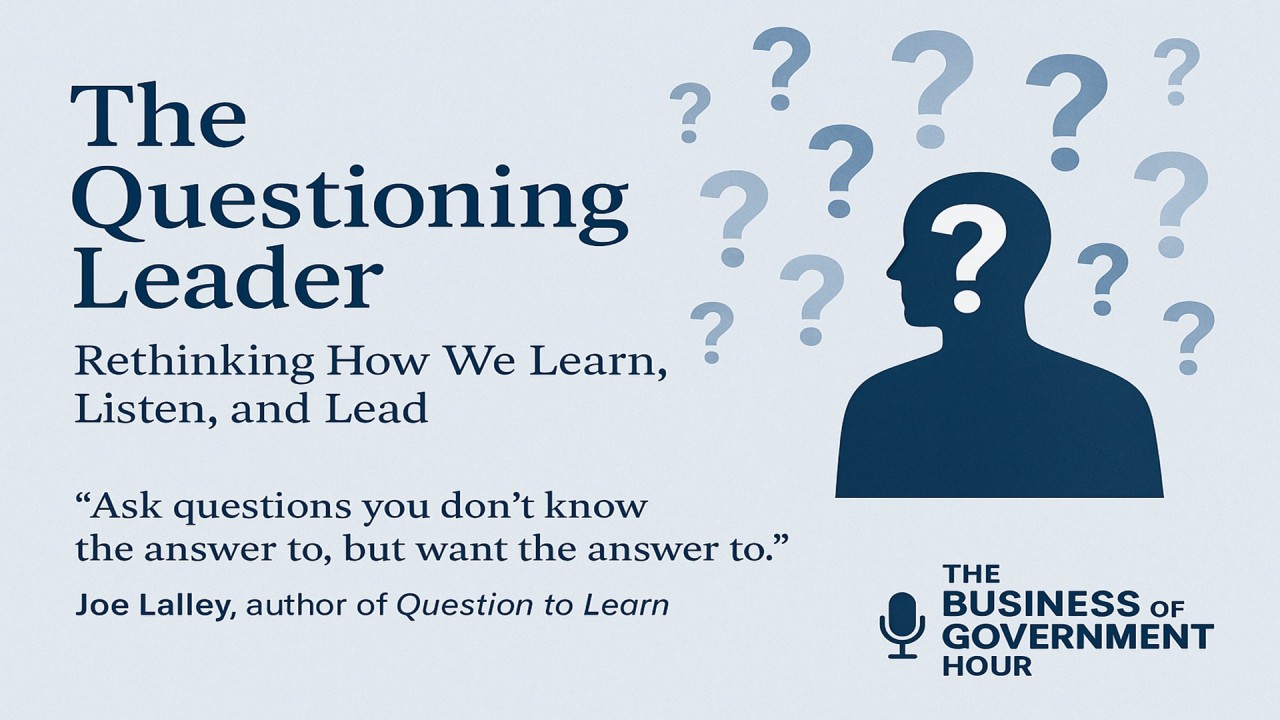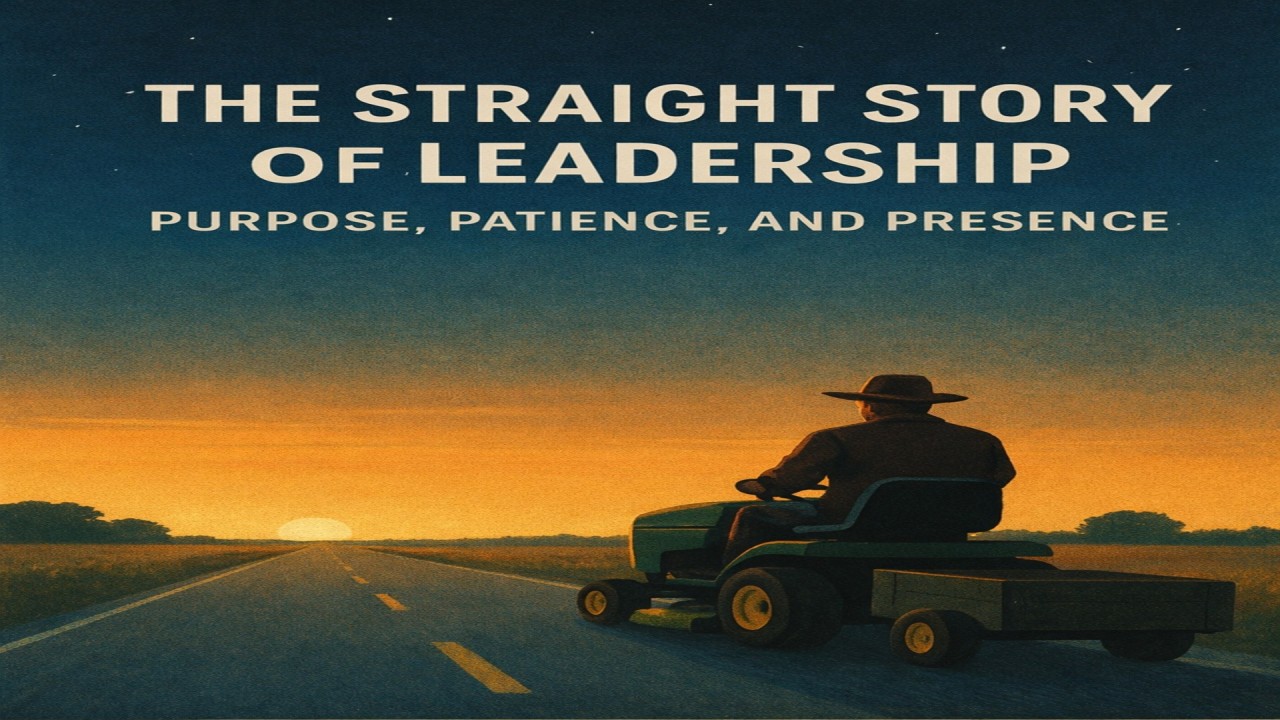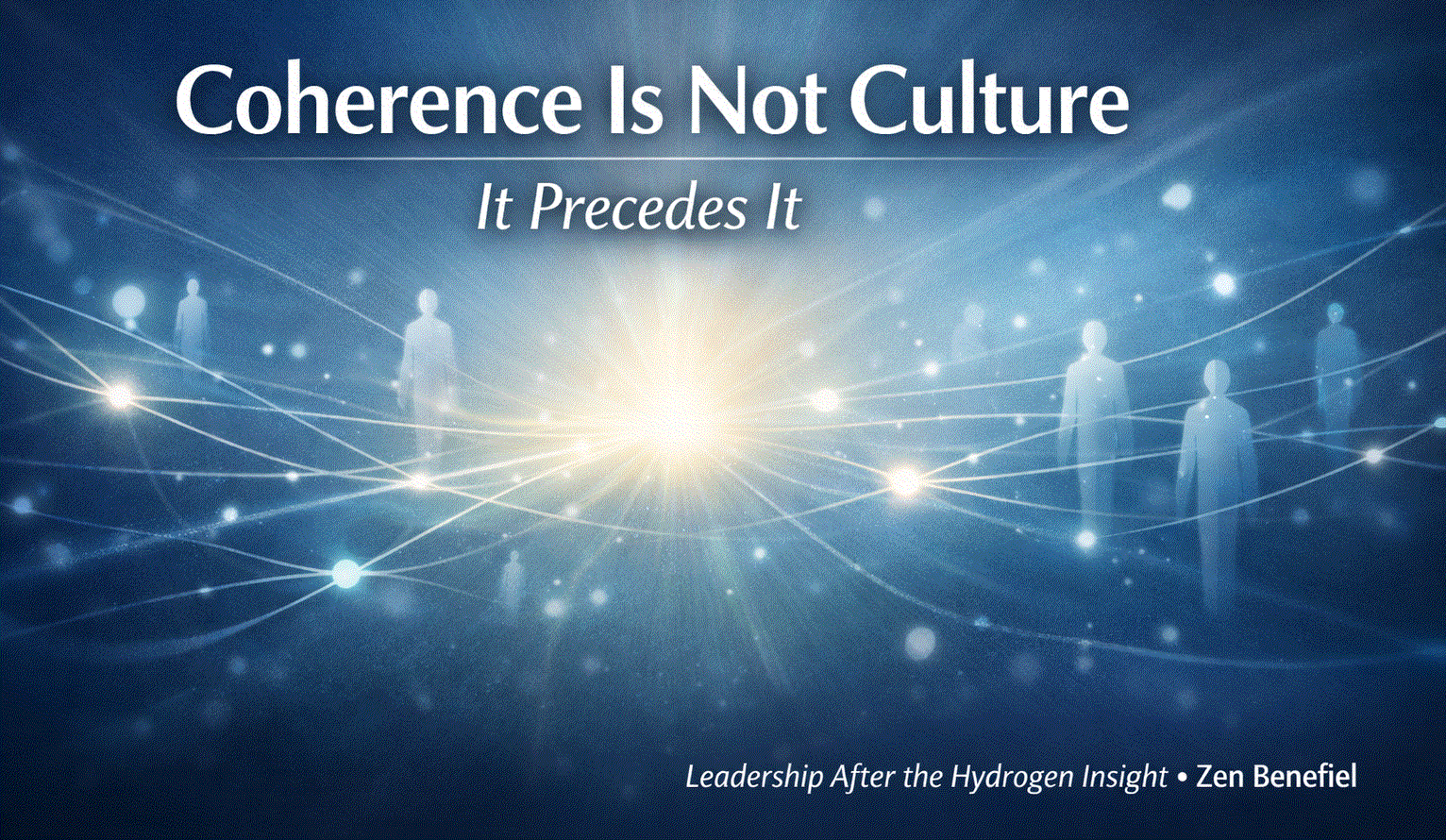Feb03

I was asked recently what my style of leadership was . Fortunately I had recently been reading a book that I think encapsulates my style
Quiet Leadership: Winning Hearts, Minds and Matches by Carlo Ancelotti with contributions from Cristiano Ronaldo, Zlatan Ibrahimovic, David Beckham, Sir Alex Ferguson and Paolo Maldini
Carlo Ancelotti has had a glorious career as both a player and manager. He played for both Roma and Milan; He then managed clubs including Juventus, Milan, Real Madrid, Bayern Munich ,PSG and Chelsea
His legacy as a manger includes:
The only manager to win league titles in all of Europe’s "Big Five" leagues (Italy, England, France, Germany, Spain).
4-time UEFA Champions League-winning manager (2003, 2007, 2014, 2022) – a record.
Renowned for his calm leadership, ability to manage egos, and tactical adaptability.
Ancelotti offers an insightful look into the management philosophy of one of football's most successful coaches. Ancelotti promotes a calm and understanding approach to leadership, advocating for building strong relationships with players by respecting their individuality and fostering trust.
Key Themes:
Building Relationships and Trust: Ancelotti believes that leadership is about building relationships and trust. He emphasises the importance of creating strong relationships with players, staff, and management. He believes in treating everyone with respect and dignity, regardless of their status or role. This approach fosters a positive team environment and encourages loyalty.
Cultural Understanding: Ancelotti's experiences across different countries highlight the importance of cultural adaptability. He stresses the need to understand and respect local customs, work ethics, and communication styles. Learning the local language is also emphasised as a sign of respect and commitment to the new environment.
Balancing Tradition and Innovation: While respecting a club's history and traditions, Ancelotti advocates for innovation in tactics, training methods, and player development. He believes in finding the right balance between preserving a club's identity and evolving to stay competitive.
Adaptability in Leadership: Ancelotti recognises the importance of adapting leadership styles to suit different players, teams, and situations. He believes that a one-size-fits-all approach is ineffective in modern football. Understanding and managing emotions—both his own and those of his players—is crucial in navigating high-pressure situations and maintaining team morale.
Balancing Data and Intuition: Ancelotti advocates for a balanced use of data and analytics in football. While recognizing their value, he understands that they should complement, not replace, a manager's experience and intuition. He encourages a critical approach to data interpretation, understanding context, and not blindly following statistical trends.
Throughout the book, Ancelotti shares anecdotes from his time managing top clubs like AC Milan, Chelsea, and Real Madrid, illustrating how his "quiet" approach has led to success on and off the pitch. His philosophy centres on the belief that effective leadership is rooted in respect, adaptability, and continuous learning.
Some of my favourite lines from the book
· ‘People don’t care how much you know until they know how much you care’
· As Vito Corleone would have said…:’ It’s not personal, it’s just business’.
· The first problem was caused by statistics
· Everything should not always be so serious at work.
· Carlo wasn’t one of those managers who comes in and says, ‘Right, this is my way. This is the only way I think and it’s going to be my way or no way at all’ – John Terry
Available on Amazon
Keywords: Leadership
 Succession Planning is Hard because it’s Identity, Structure, and Systems All at Once
Succession Planning is Hard because it’s Identity, Structure, and Systems All at Once The Corix Partners Friday Reading List - February 13, 2026
The Corix Partners Friday Reading List - February 13, 2026 The Questioning Leader: Rethinking How We Learn, Listen, and Lead
The Questioning Leader: Rethinking How We Learn, Listen, and Lead The Straight Story of Leadership: Purpose, Patience, and Presence
The Straight Story of Leadership: Purpose, Patience, and Presence Coherence Is Not Culture — It Precedes It
Coherence Is Not Culture — It Precedes It